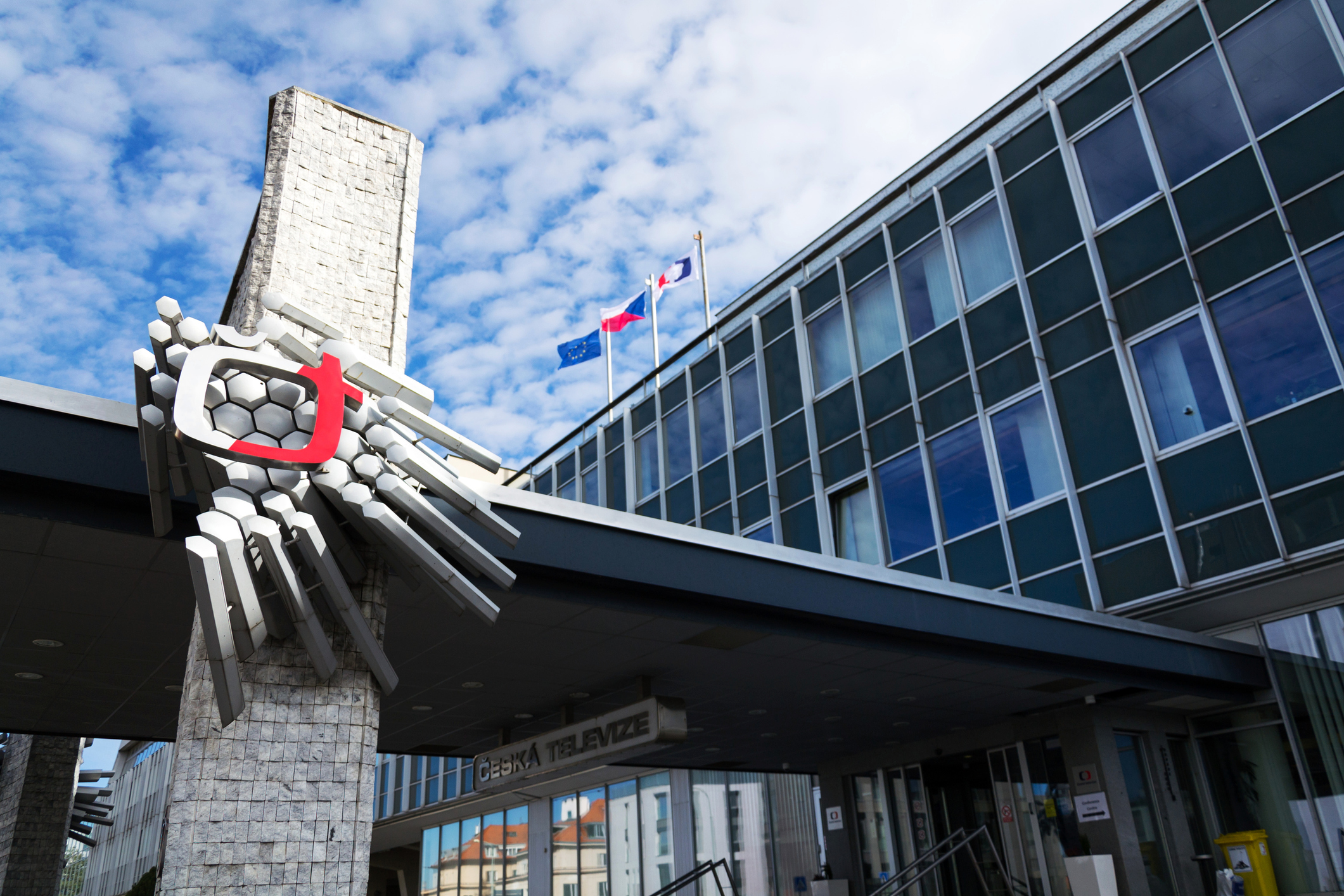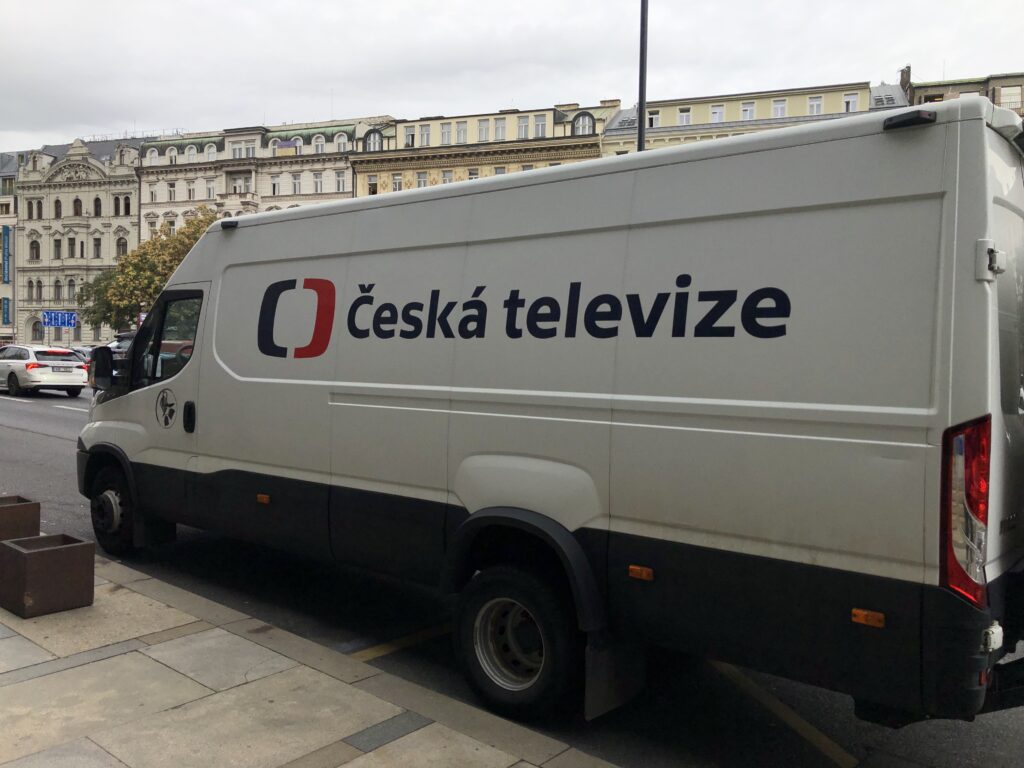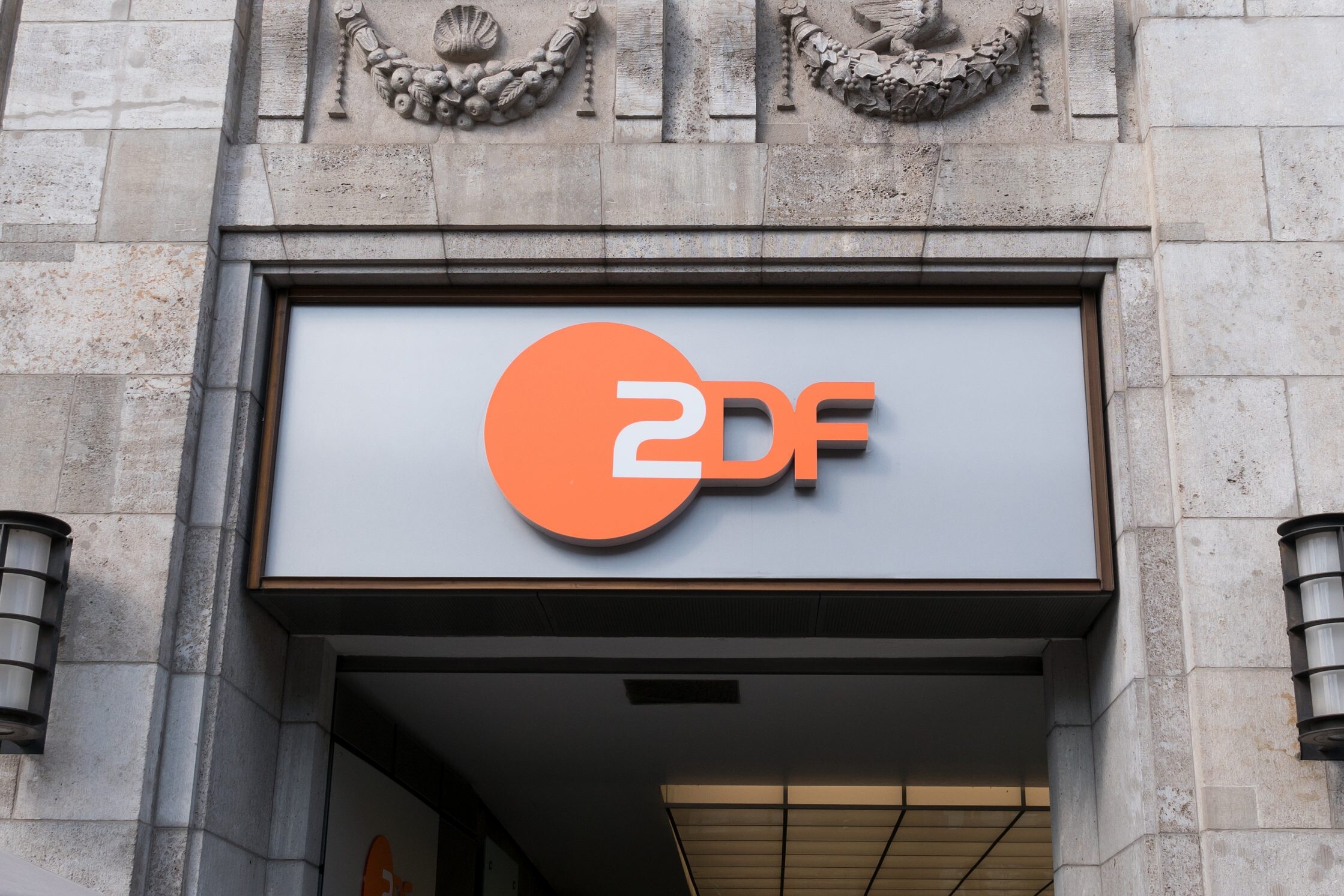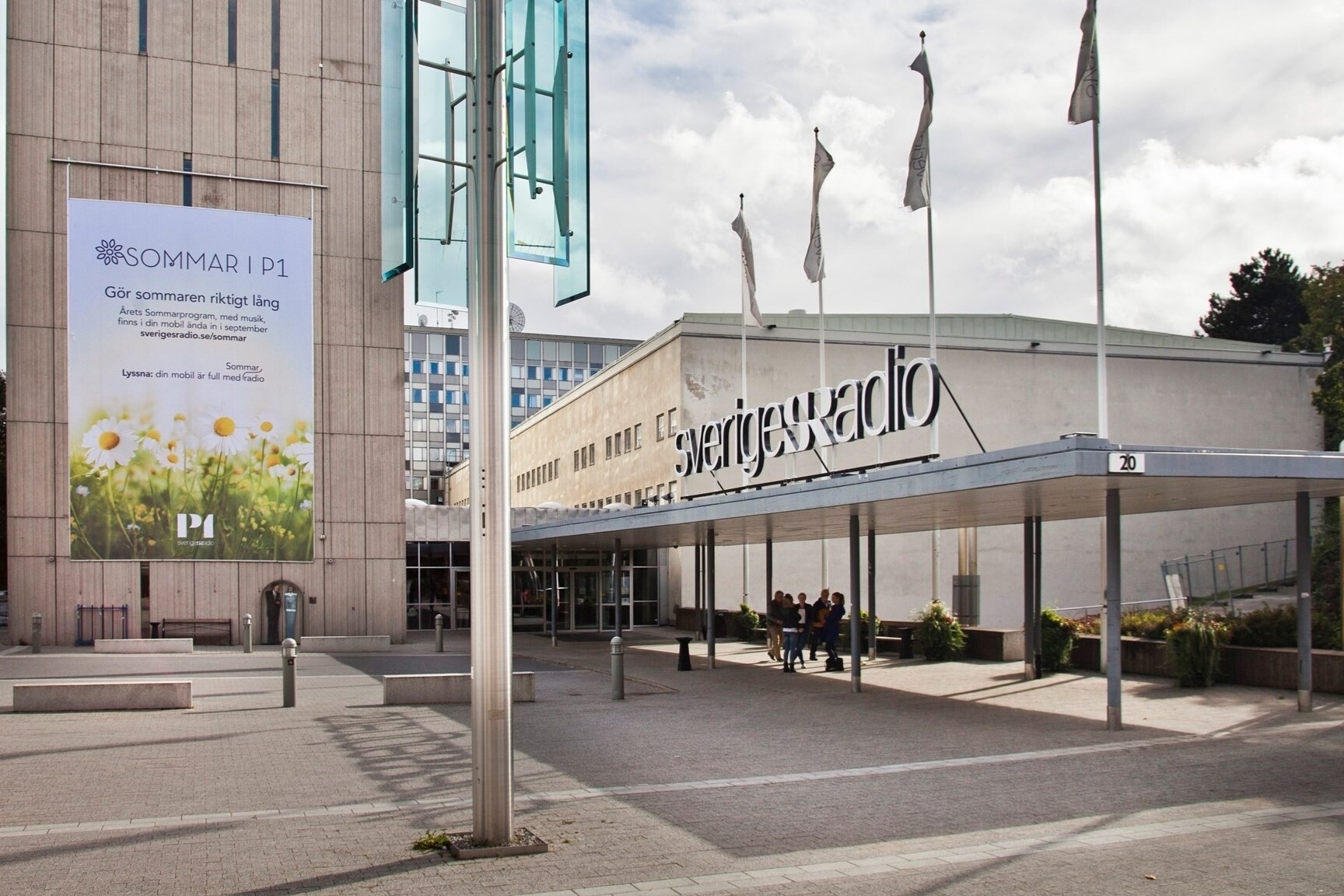Česká Televize’s licence fee: up or down?
13th November 2023
While more and more public service media have seen their funding reduced, in the Czech Republic the licence fee is going to increase.

– By Charlotte Pion
IN BRIEF:
- For the first time in 15 years, the licence fee of public television and radio will increase from 2025.
- Owners of devices other than TV and radio, such as tablets, computers and smartphones will also have to pay the licence fee.
- These amendments are necessary to reflect the current costs of productions and distribution, as public broadcasters Czech TV and Czech Radio have been working with tight budgets until now which has put their independence at risk.
IN FULL:
There will be an increase in both the cost of the licence fee and the number of licence fee payers in the Czech Republic, under new proposals from the government.
Earlier this year, the Czech government proposed to revise the licence fee for public service media, not down, but up, diverting from the global trend of licence fee decreases. The fee is the main income for both Czech public TV and radio. The amendments to the broadcasting law were approved by the Cabinet, and was justified on the basis of public media’s role in safeguarding society from drowning in misinformation. In addition, the Minister of Culture, Martin Baxa, stressed that “public media offers content to a very diverse spectrum of listeners and that if we want this to continue and develop to some extent, it is simply necessary to take this step”.
From January 2025, each household will have to pay a fee of CZK 160 (€6.56) per month for Czech TV and CZK 55 (€2,23) Czech Radio. It will be the first time in 15 years that the budget of Czech Television (CT) would be increased and 18 years for Czech Radio (Cro). The reasons for the hike is partly related to the fact it did not change for so long and that the fee does not align realistically to today’s costs due to inflation.
The riddance of political pressure?
The decision to increase to licence fee was not unanimously supported within the current coalition government, with some right wing groups not favourable to these amendments.
Czech TV and Radio have previously been targeted by populist politicians. As recently as last year, the situation was quite different for the public broadcasters, when former Prime Minister Adrej Babiš campaigned for the abolition of licence fees.
Czech public media were in a tough position under the rule of Babiš (2017-2021) – who owned several media himself – and faced sustained pressures and financial difficulties. It was reported that Babiš attempted to undermine the broadcasters’ independence by interfering in their financial revenues and exerting political influence over them.
Read More: Focus on the future of the Czech Republic’s public media
After the ousting of Mr. Babiš and his allies from government, the excessive pressure on public media settled down. But their independence was still fragile, notably due to their financial strains. The coalition that replaced Mr. Babiš promised to strengthen the independence of public media and fight disinformation. However, their plans of reforms have still been unfulfilled and Czech TV and Czech Radio have remained on the tightrope.
Their financial strain led to a reduction of staff and programmes, raising concerns among organisations defending journalists and the independence of media. But despite being financially unstable, the Czech public broadcaster remained a trusted media in the eyes of the public.
Listen toour podcast
Uncovering and exploring the biggest
issues facing public media
A real tack change for public media.
Another major change with the proposals will be the collection of licence fee from people who own tablets, computers or smartphones, as the programmes from public media can also be accessed via these devices. This means the number of taxpayers would increase by around 23,000, allowing Czech TV to receive CZK 1.5 million (approximately €61,000) and Czech Radio roughly CZK 600,000 (€24,400).
While this plan would greatly increase the revenues of the public media, some issues will need to be addressed, such as a fair implementation and the attempt of people to avoid the tax.
In addition to that, in order to avoid political control over the media, the Supreme Audit Office (SAO) should oversee the financial management of both public media.
“We unequivocally welcome the government’s proposal and believe that it will find support in the legislative process. It is the result of our long-term communication with politicians and the public and long-term presentation of arguments about the unsustainability of the public service when its financing is not resolved” – Petr Dvořák, the outgoing director of Czech Television.
How is this received?
These amendments have been seen as a positive, as they follow the promise of the government to improve and strengthen the state of public media, especially at a time when disinformation is proliferating at breakneck speed.

“We unequivocally welcome the government’s proposal and believe that it will find support in the legislative process. It is the result of our long-term communication with politicians and the public and long-term presentation of arguments about the unsustainability of the public service when its financing is not resolved,” said Petr Dvořák, the outgoing director of Czech Television.
While the increase of the licence fee is generally welcome, a wave of resentment has started among the public. In critical times of high inflation, any additional charges on households are not popular. As advanced by independent magazine A2larm.cz, even if the increase of a few Czech crowns is derisory, it carries a symbolic value for the Czech population that is currently going through difficult financial times.
Future financing model?
As the opposition leader, Mr. Babiš has tried to make himself heard once again, vehemently criticizing the funding method of public media. For the moment, the licence fee represents 87% of public media’s revenue. In an interview for Seznam Zprávy, Mr. Baxa explained how they considered the licence fee as being the most viable source of funding for public media in the foreseeable future. The Minister of Culture also stressed that direct state financing was out of the question, as it would put the independence of public media at risk.
Related Posts
9th June 2022
Focus On: The future of the Czech Republic’s public media
Big changes are coming to public media…
10th May 2022
Czech Republic: Independence of public broadcasters must be insulated against future attacks
Joint statement calling on the Czech…


